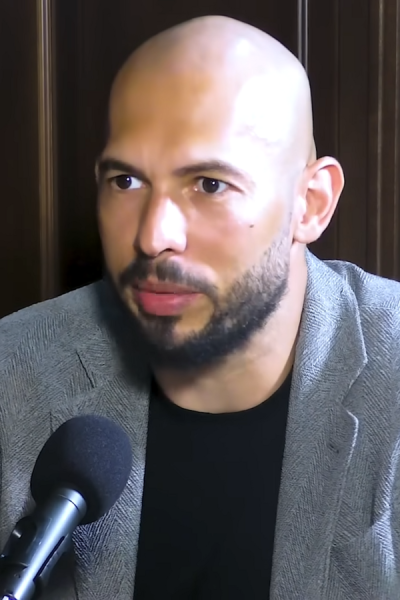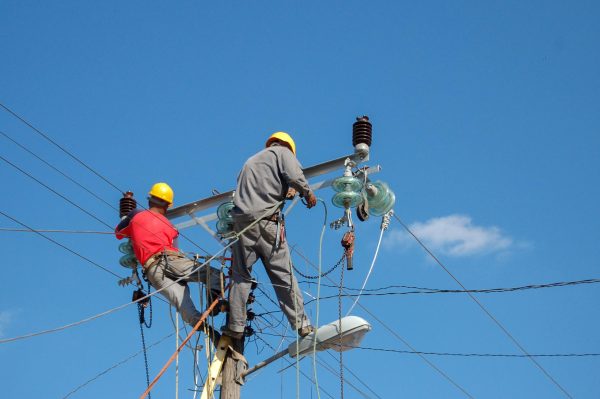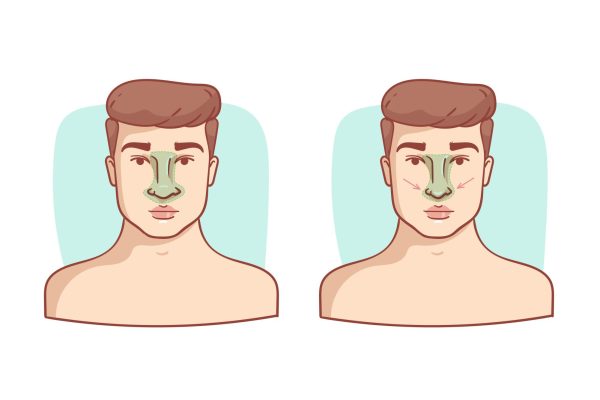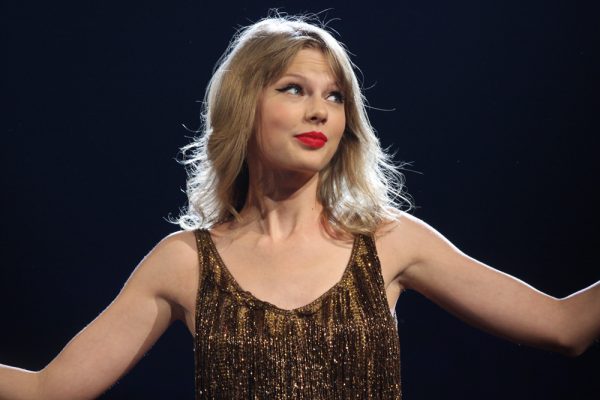It’s Time For Us To Reclaim Our Bodies
All bodies have value. A lot of times, people may not know or feel like they are pretty or beautiful, even though everyone is beautiful in their own way.
Negative messages about our bodies fly at us from all directions in this society. Parents, friends, family, teachers, fashion industry, diet companies, and especially the media, put so much pressure on us to look a certain way. The media lies to us by saying there is only one type of body that is ok, and everyone should try to look like that.
There has been a lot of chatter over the portrayal of body image in the media. Even many celebrities have spoken out against the use of photoshop in everything, from magazines to music videos. In March 2018, ‘Riverdale’ star Lili Reinhart accused Cosmopolitan Philippines of Photoshopping her and her co-star Camila Mendes. In a series of posts on her Instagram Story, Lili claimed that the magazine edited her and Camila’s waist to appear slimmer. “Camila and I worked incredibly hard to feel confident in the bodies we have,” Reinhart wrote in her Story. “It’s an everyday battle, sometimes. And to see our bodies become so distorted in an editing process is a perfect example of the obstacles we have yet to overcome.”
Camila Mendes also commented on the incident in her own Instagram Story. “We want readers to know that those bodies are not ours,” the actress wrote. She continued: “They have been distorted from their natural beauty. I’m not interested in having a slimmer waist, I’m more than satisfied with the one that I already have.”
It’s not a secret that the fashion industry had set a specific type of model for almost 20 years: thin, tall, and light skin. The rest of us not in that demographic, are being pushed to the margin. The struggle is real, the influence of social media on teenagers applies pressure daily.
I know because I’m one. The line between showing off our best selves and wrapping our appearances is too fine for comfort. Photoshop and filters have become our own personal domain. It takes a lot of courage to put the most real version of yourself on the internet. Even when I recognize that an image has been photoshopped, I still sometimes find myself buying into the image of an ideal body or skin type. Those curated images, presented daily on Instagram accounts of beautiful celebrities, can be a strong source of insecurity.
The good news is that things are actually starting to change. Plus size models are now seen taking over the runways of Fashion Week, diversity in fashion became more prevalent (although much work remains to be done), and the word “fat” has begun to lose its status as a “bad” or “insulting” term. Yay, progress!
Brands like Target and American Eagle’s Aerie line generate profits by showing all shapes and sizes in their campaigns. These brands, designers, and companies all have their work cut out for them to bring a healthy body image back to the masses.
But we, in our private lives, have work to do also. The conversation we have with each other about our bodies needs to change. We need to look past the external and focus on the internal. The internal is what we truly have control over. We all are genetically predisposed to look the way we look. Our bones are built the way they’re built. Our metabolisms function the way they will. But our health? Our health is in our hands. So when we sit around with friends or family can we move the focus towards “healthy” or “strong” or “smart”? We have to realize that those words are much more than “skinny”. Does “pretty” or “hot” equal ‘beautiful’? No, they don’t
When we appreciate all of the shapes and sizes around us, we come closer to appreciating our own shape and size.
Your donation will support the student journalists of Alisal High School. Your contribution will allow us to purchase equipment and cover our annual website hosting costs.












